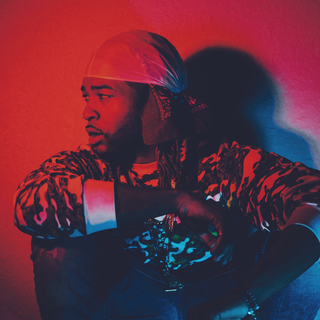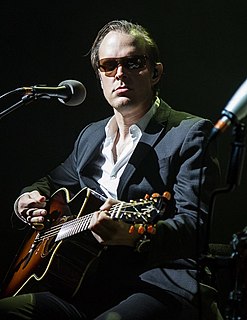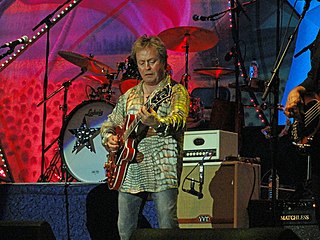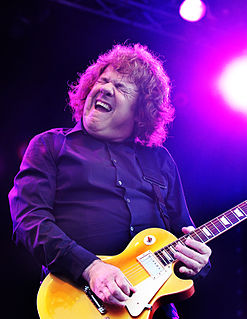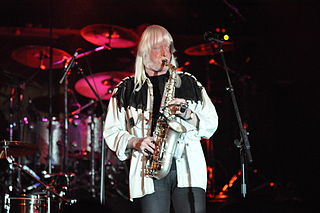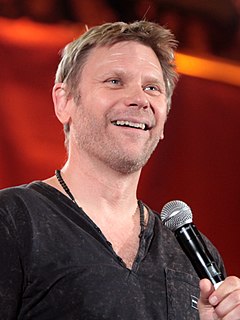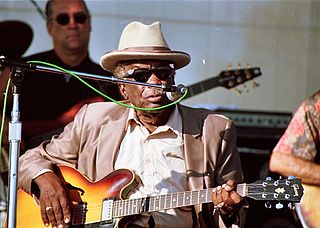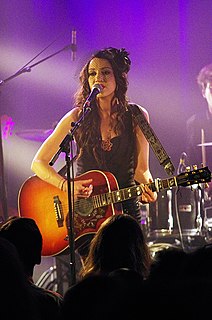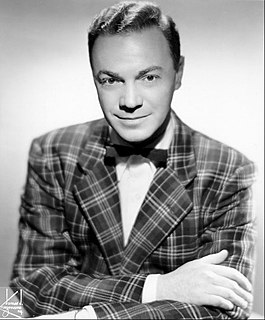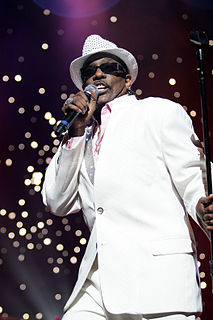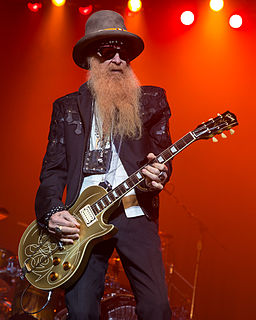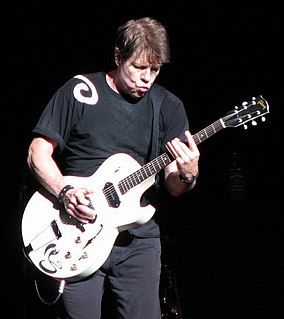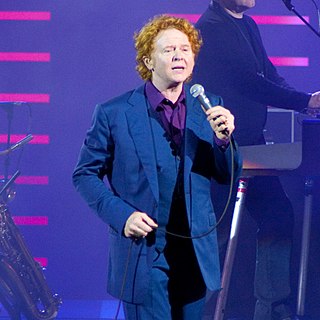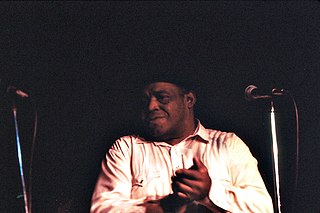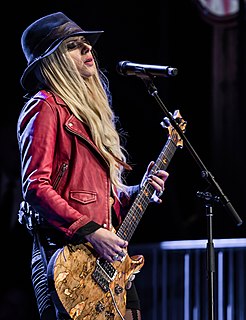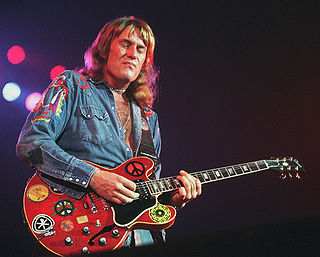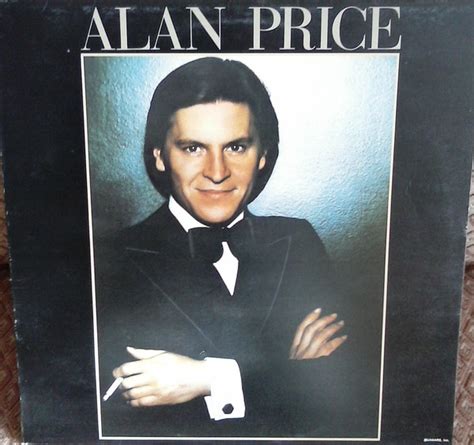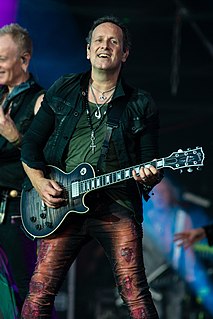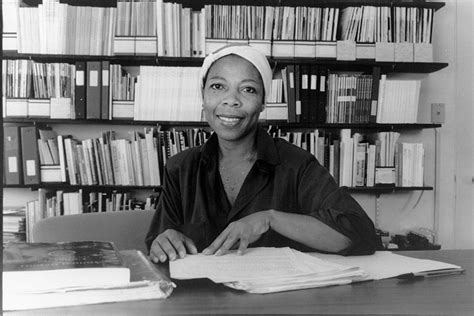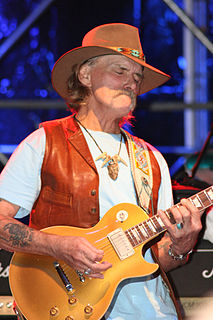Top 1200 Blues Music Quotes & Sayings - Page 7
Explore popular Blues Music quotes.
Last updated on December 18, 2024.
You learn from music, from watching great athletes at work - how disciplined they are, how they move. You learn these things by watching a shortstop at work, how he concentrates on one thing at a time. You learn from classic music, from the blues and jazz, from bluegrass. From all this, you learn how to sustain a great line without bringing in unnecessary words.
I'm going to make the music I make regardless and it's always going to be driven by rhythm and blues and hopefully it becomes popular. But I don't cater to, like, 'OK, I want to make music that's going to fit in this pop world or go on the charts, etcetera, etcetera.' Hopefully, enough people like it so it becomes popular.
Gary Burnetts office is shelved with theological books, guitars fill the floor, and the drawers are crammed with CDs. In The Gospel According to the Blues, Gary brings his vocation as a New Testament teacher together with his passion for the blues and gives the reader scholarly knowledge and wise insight.
Whenever I was in the dressing room on my own, I'd start playing blues to myself. One night, Bob Daisley, the bass player, came in and said, 'You know, Gary, you should make a blues album next. It might be the biggest thing you ever did.' I laughed. He laughed, too. But I did, and he was right, and it was.
When I first came on the scene, I don't think people knew what to make of the way I dress, my aesthetic and how that ties into my music. It took a lot of explaining. You don't really see females in country music dressed in all black wearing funeral garb with netting on their face. I have a bit of a gothic sense to me in a lot of ways, with a bit of outlaw country, rockabilly and blues. My subject matter is off the cuff a little bit.
With Free, we had phased out all of the blues material and wanted to phase in all original material, and the only song that stayed from our blues past was 'The Hunter' by Albert King. People just loved that. And I said, 'We have to write a song that will top that - otherwise, what are we doing here?' That was the birth of 'All Right Now.'
When I got out of high school, I was in a blues band. It was the kind of music I was interested in, and listening to, mostly because it was becoming a vehicle for a generation of guitarists - like Jeff Beck and Eric Clapton. Mike Bloomfield. And that's what I wanted to be, principally: a guitar player.
The blues is an impulse to keep the painful details and episodes of a brutal experience alive in one's aching consciousness, to finger its jagged grain, and to transcend it, not by the consolation of philosophy but by squeezing from it a near-tragic, near-comic lyricism. As a form, the blues is an autobiographical chronicle of personal catastrophe expressed lyrically.
This is something I think that blues music, or folk music, and all those particular genres that have a perspective about life deal with - where the difficulties of life are seen as something that are very natural and nothing to be embarrassed about, and something that we all go through; something that's part of our share of humanity. And it accepts those difficulties and pain as such. I think there's a wonderful forgiveness that can come over you, if you have that perspective on it.








